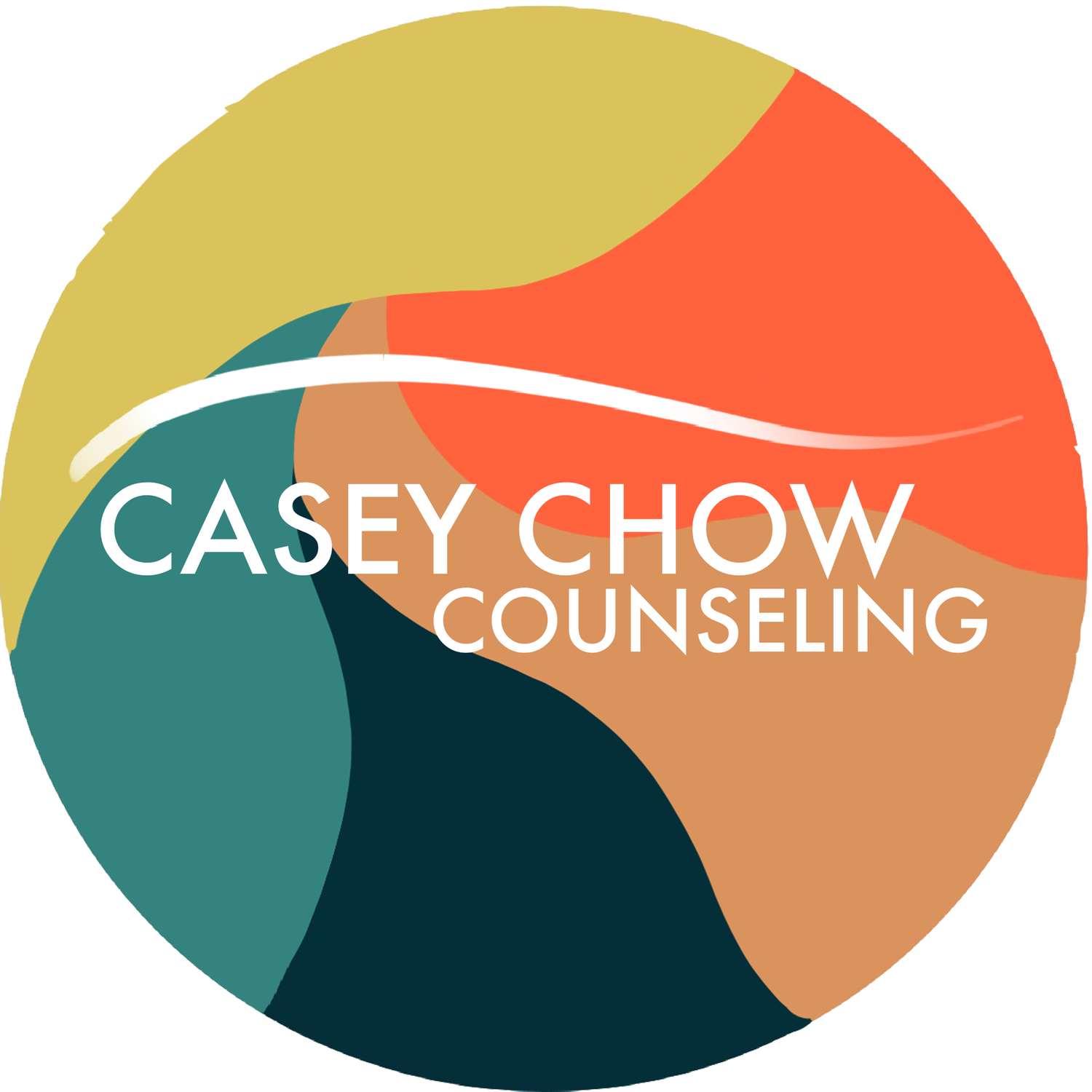Cultural identity
As an “American Born Chinese (ABC)” who grew up in the San Francisco Bay Area, I was introduced to many cultures and traditions. With a mixture of moving to the Pacific Northwest and the “Stop Asian Hate” movement spawned from the 2020 lockdowns, that identity I once knew came into question. I learned I was not alone in this sentiment.
From how our cultural upbringing and background affect our decision-making (people pleasing)
To the perceived expectations we have on ourselves (parental pressures on career, marriage, or parenting)
Even experiences in romantic relationships (societal view on Asian masculinity, or “Yellow Fever” experienced by some)
This overall topic on ‘cultural identity’ has persisted through generations whether first-generation immigrants, second-generation children to immigrants, or those who identify as “biracial” and find themselves split feeling like “too much or too little” of themselves.
Let’s create a space to discuss and break down those feelings.
Life transitions
Life transitions can look like many things: a change in career, a family member who has passed away, friends who enter or exit your life, or even moving out of your hometown for the first time.
Feelings of grief, confusion, relief, joy, fear, anxiety, or depression can form as we adapt to the changes.
Sometimes these experiences beg the question: “What’s next?”
Relationship, intimacy, and sex
A misconception in regards to couple’s therapy is “when” is a good time to start and “is it right for us?”
Many folks I’ve worked with have thought the time to start is when there are communication issues or what feels like an unrepairable argument. However, I’ve seen partnerships that had just started their relationship and wanted to set a foundation for communication. I’ve met with those who’ve looked to expand their relationship and begin pre-marital conversations. I’ve also met with many individuals and couples who’ve been curious about exploring their sexuality and intimacy with themselves or others.
Ideally, we would be able to openly talk about sex and our experiences with porn, masturbation, polyamory, or open relationships, but sometimes we don’t exactly know where to begin due to societal or cultural “rules”. Let’s knock down those walls and start normalizing the conversation.
Emotional Challenges
For some, when we think of the past, feelings of depression and regret begin to form, for others, when we think too far into the future, feelings of anxiety, fear, and anticipation may become activated.
This is where I try to support you in finding harmony in both while staying present in our lives. A mindful approach of grounded exercises and reframing our thought processes to help self-regulate when it feels like our world is beginning to spiral.
Other common topics of discussion:
Anger, Anxiety, Behavioral Changes, Childhood Memories, Burnout, Career, Communication, Coping Skills, Cultural Identity, Depression, Goals, Grief, Grounding Work, Identity, Infidelity, Life Transitions, Mindfulness, Stress.

Theories and Methodology
These methods are utilized in my practice to provide effective therapeutic interventions.
-
The Gottman Method was created by John & Julie Gottman, also known as the “Sound Relationship House” is a method which had been researched over decades with real couples and relationships and the ways they communicate with one another.
Using observation-based behavioral research, the Gottmans have created assessments, approaches, and work towards solutions to support couples in exploring their communication patterns with one another and how behavioral changes can help create more shared meanings towards a positive outcome.I am currently certified in Gottman Method Level 1 and training in Level 2.
-
A Person-Centered or Client Centered approach means letting you dictate where our work moves towards. Some weeks, clients want to focus on a particular topic than something that was previously explored, sometimes the direction changes mid-session. I center with you to find what feels best for you at the time.
-
Cognitive behavioral therapy is used to treat a wide range of issues. It's often the preferred type of psychotherapy because it can quickly help you identify and cope with specific challenges. With different tools to help clients learn about their behaviors and techniques to cope, relax, and build stress management. CBT may require more work in and outside of the therapy sessions, and encourages clients to be more proactive in understanding their behaviors and how to work towards changing them
-
Emotionally Focused Therapy (EFT) is a well-known humanistic approach to psychotherapy formulated in the 1980’s and developed in tandem with the science of adult attachment, a profound developmental theory of personality and intimate relationships. This science has expanded our understanding of individual dysfunction and health as well as the nature of love relationships and family bonds. Attachment views human beings as innately relational, social and wired for intimate bonding with others. The EFT model prioritizes emotion and emotional regulation as the key organizing agents in individual experience and key relationship interactions.





